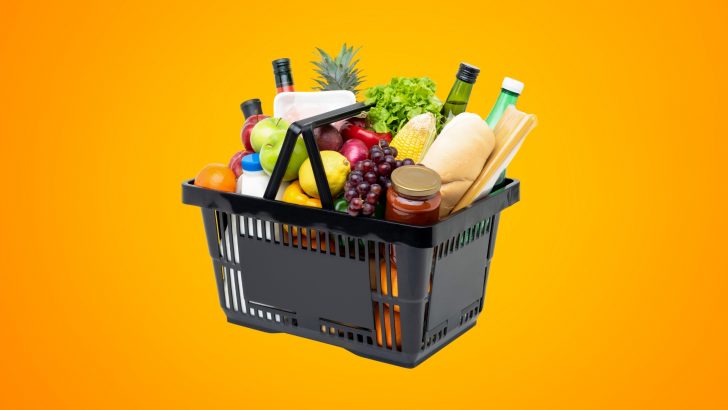I’ve discovered 34 clever tricks to save big on grocery shopping! From budget hacks to smart shopping strategies, these tips help me keep my wallet fuller without skipping my favorite snacks.
Whether you’re a seasoned bargain hunter or just starting out, this guide has fun, practical ways to maximize your budget and make grocery shopping feel like an adventure—who knew saving money could be so rewarding (and fun)?
1. Shop With A List
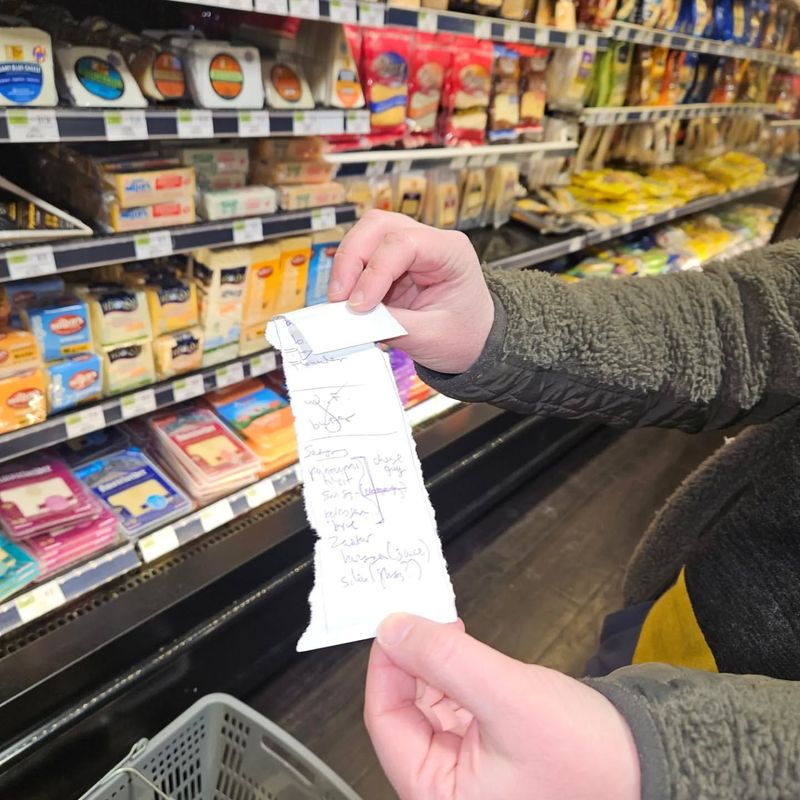
Creating a shopping list is the holy grail of saving money. It’s like wearing blinders in a candy shop, preventing impulse buys. Jot down essentials before you hit the aisles.
When you stick to your list, you avoid costly detours into the snack section. A well-prepared list also helps streamline your shopping trip, making it efficient and effective.
By focusing only on what you need, you leave the store with a smile and a happy wallet.
2. Use Coupons Wisely
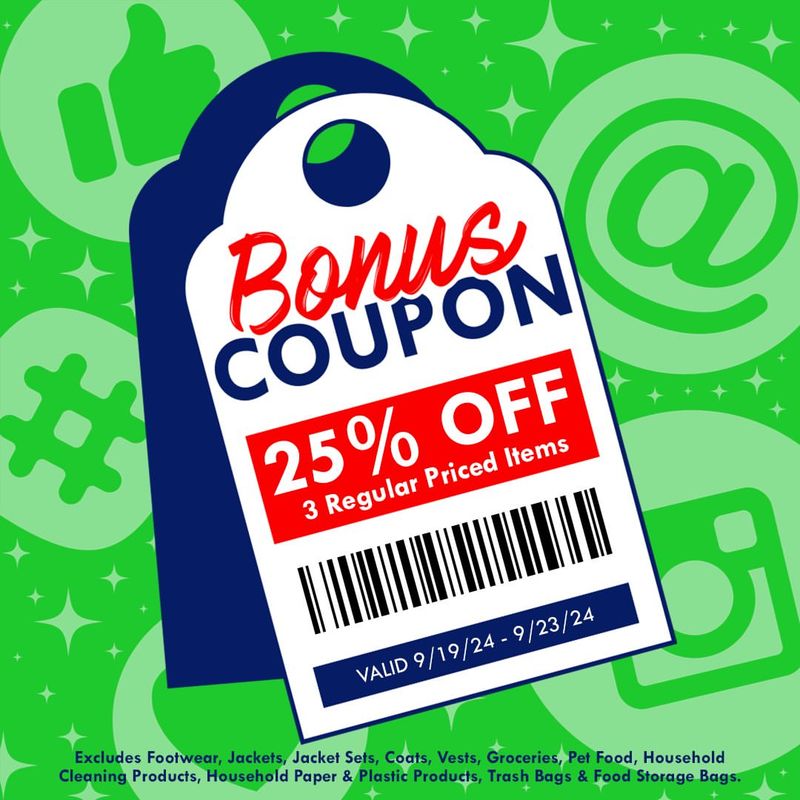
Coupons are your secret weapon! Clip them like a pro and watch the savings pile up. Check online apps and flyers before stepping out.
With strategic couponing, you can slash prices on your favorite brands without breaking a sweat. Just remember, buying something unnecessary only because it’s discounted defeats the purpose.
Keep your eye on the prize: savings galore without cluttering your pantry with unwanted items.
3. Opt For Store Brands

Store brands are the unsung heroes of budget shopping. They often hide in plain sight, offering quality similar to their branded counterparts.
With lower price tags, these products can significantly reduce your grocery bill. Don’t shy away from trying them; taste tests might surprise you.
Embrace the generic labels and enjoy savings that allow for an occasional splurge elsewhere. Your wallet will thank you for the thrifty choice.
4. Buy In Bulk
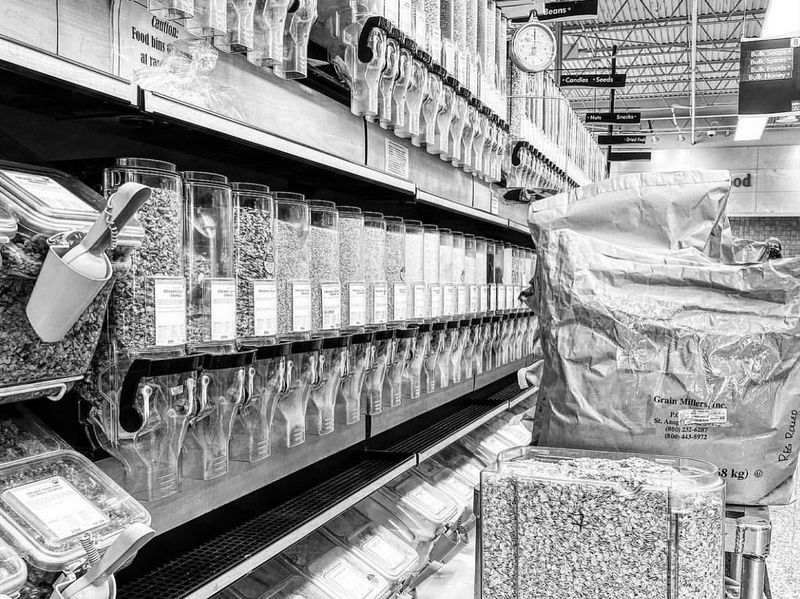
Bulk buying is like hitting the savings jackpot. It’s a simple concept: the more you buy, the less you pay per unit. Staples like rice, pasta, and toilet paper are great bulk buys.
However, ensure you have enough storage space and will use the items before they expire.
Bulk shopping is perfect for non-perishable goods or items you frequently use, turning your pantry into a lean, mean money-saving machine.
5. Avoid Shopping When Hungry

Shopping on an empty stomach is a recipe for overspending. Hunger can cloud judgment, leading to unnecessary purchases.
Studies show that hungry shoppers tend to buy more high-calorie foods. Snacking before heading to the store can curb these cravings.
With a satisfied belly, you’ll make more rational decisions, focusing on what’s truly needed rather than what looks tempting in the moment.
6. Stick To A Budget

Budgeting is the cornerstone of financial wisdom. Before your next grocery trip, set a budget and commit to it.
This practice helps prioritize essentials and minimize impulse buys. Keep track of spending with apps or simple pen and paper.
As you approach the checkout, you’ll feel empowered knowing your purchases align with your financial goals, ensuring a no-surprise bill at the end.
7. Plan Meals Ahead

Meal planning is like having a crystal ball for your kitchen. By plotting meals for the week, you avoid last-minute takeouts.
This foresight ensures you buy only necessary ingredients, preventing waste and saving money. It also allows you to take advantage of weekly sales.
Embrace this organized approach, transforming chaos into culinary creativity, and relish the savings as a side dish to your tasty meals.
8. Use Loyalty Programs

Join loyalty programs for rewards and exclusive discounts. Many stores offer points with each purchase, redeemable for future savings.
Being a loyal customer has perks, including special coupons and early access to sales. It’s like having a VIP pass to savings.
Sign up for these programs and watch as regular shopping trips earn you discounts, making every purchase a step closer to your next reward.
9. Check Unit Prices

Unit pricing is your ally in the battle for savings. It’s like decoding the matrix of grocery shopping.
By examining the price per ounce or gram, you can identify the best deals, even if the package price appears higher. This strategy helps you make informed decisions.
With practice, you’ll spot the true bargains, ensuring every dollar spent stretches further, leaving you with more cash for future needs.
10. Avoid Pre-Packaged Items
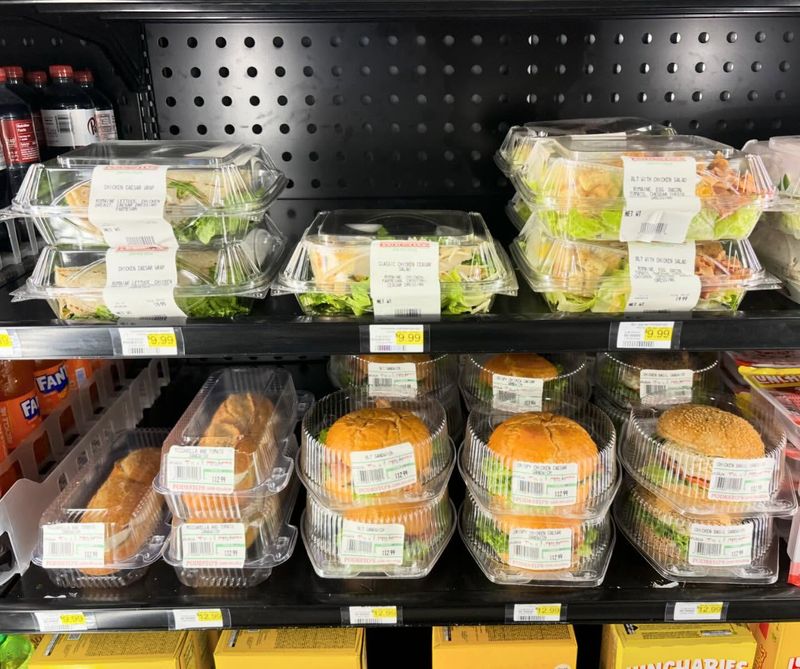
Pre-packaged items often come with inflated prices for convenience. Opting for fresh produce and bulk sections can lead to significant savings.
When you bypass pre-sliced fruits or ready-to-cook meals, you pay for quality rather than packaging.
Tap into your DIY kitchen skills and experience the joy of cooking from scratch. Not only will you boost your culinary abilities, but you’ll also see your bank account grow.
11. Shop Seasonally
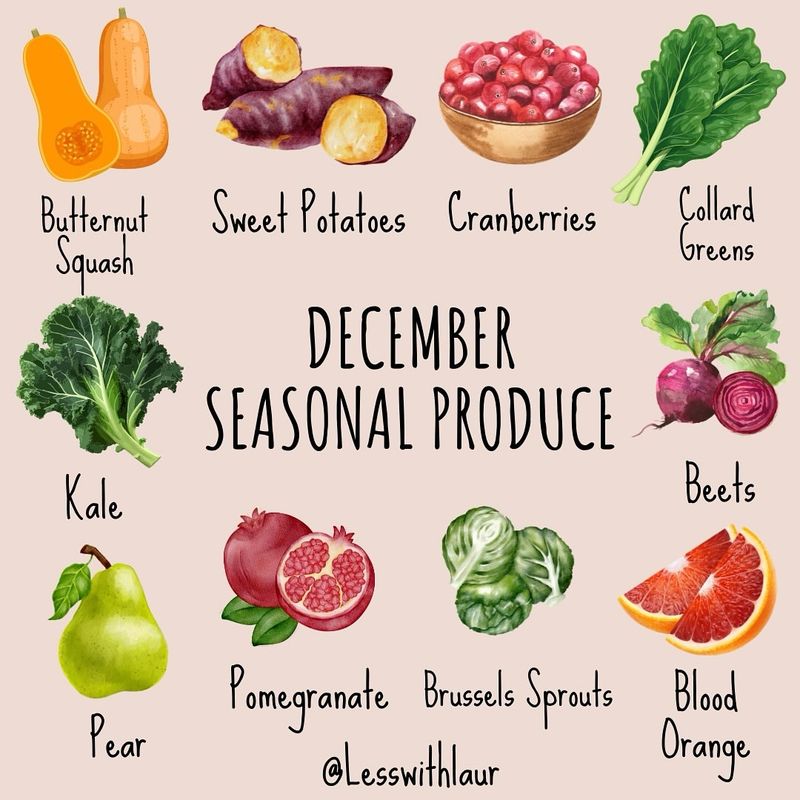
Seasonal shopping is like riding the wave of nature’s bounty. In-season fruits and veggies not only taste better but also cost less.
By aligning your shopping list with the seasons, you enjoy fresher produce at budget-friendly prices. Farmers’ markets are great places to find these treasures.
Let the seasons guide your menu, and savor the savings that come with nature’s rhythm.
12. Avoid Shopping Aisles Too Often

Frequent trips to the grocery store can lead to overspending. Each visit poses a new temptation to grab items not on your list.
Try to limit shopping to once a week, armed with a comprehensive list. This reduces impulse purchases and saves time.
By mastering the art of minimal visits, you maintain control over your spending and ensure each trip is purposeful.
13. Use Cashback Apps
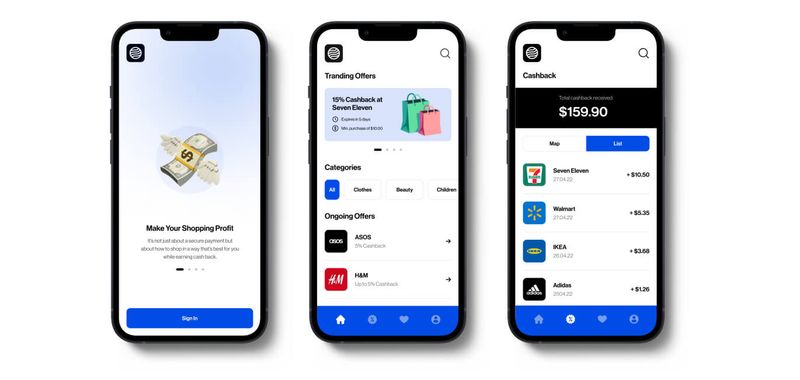
Cashback apps turn grocery shopping into a rewarding game. With each purchase, earn back a portion of your spending.
These apps offer a variety of deals and rebates, helping you save without changing your routine. Simply upload receipts and watch the savings grow.
It’s like having a secret stash of savings waiting to be unlocked, turning every grocery run into a win.
14. Buy Frozen, Not Fresh
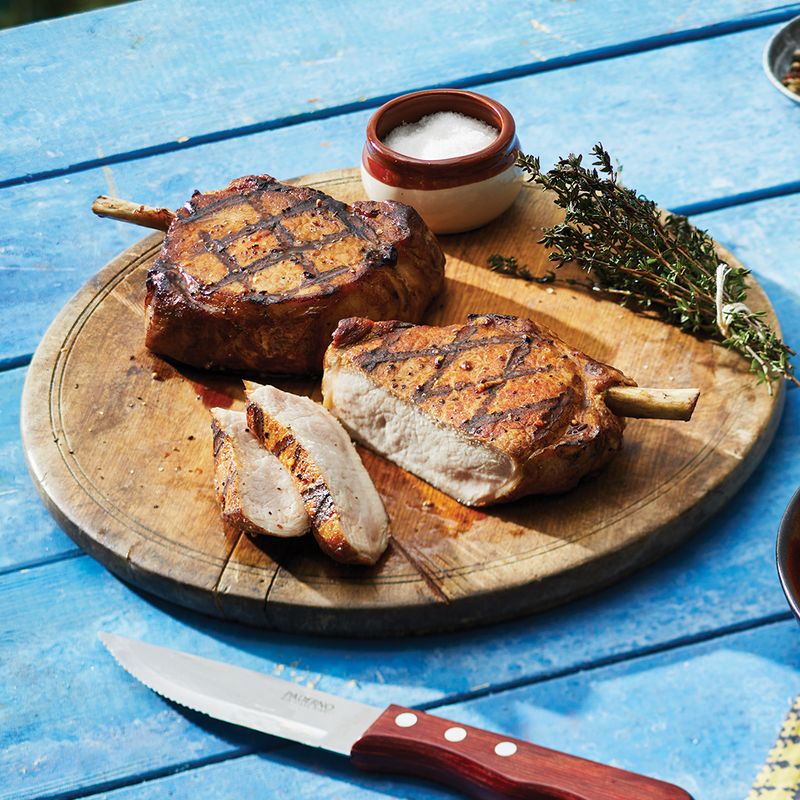
Frozen foods are a budget-friendly wonderland. They offer the same nutritional value as fresh counterparts but often at a lower price.
Frozen vegetables and fruits can last longer, reducing waste and saving money. They’re perfect for soups, stews, and smoothies.
Stock up on these frozen gems during sales, and transform your freezer into a treasure chest of savings, ready to enhance your meals.
15. Grow Your Own Herbs
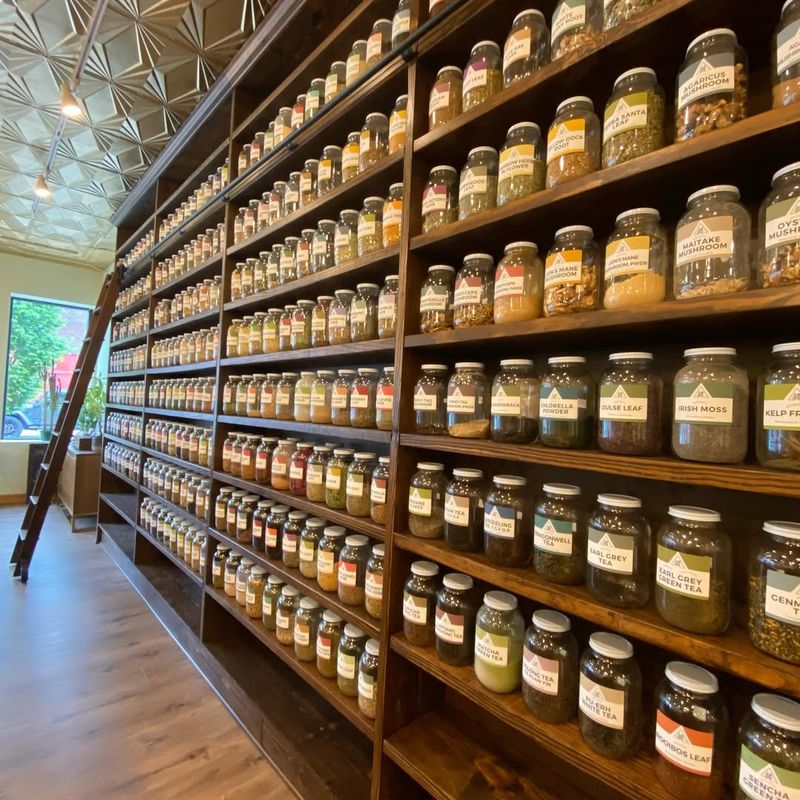
Growing your own herbs is like having a culinary garden at your fingertips. Fresh herbs can be pricey, but a small home garden cuts costs.
With minimal effort, you’ll have a continuous supply of basil, mint, and more. This not only saves money but also adds a personal touch to your dishes.
Enjoy the satisfaction of homegrown flavor, with savings that keep on sprouting.
16. Use A Smaller Cart
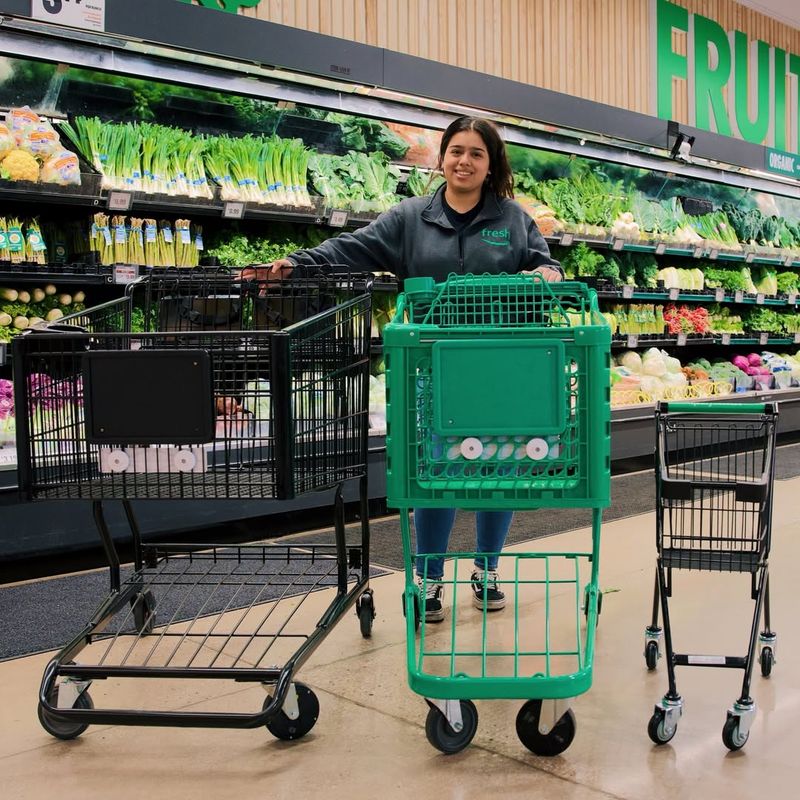
Small carts mean big savings. A smaller cart limits space, curbing impulse buys. It’s a simple psychological trick that encourages mindful shopping.
By focusing on filling necessities first, you avoid the temptation to toss in non-essentials.
This approach keeps your trip efficient and purposeful, ensuring you leave the store with only what you truly need, while your wallet remains pleasantly plump.
17. Compare Prices Online

Online price comparison is your virtual shopping assistant. Before heading out, check prices across local stores.
This research can reveal where the best deals are hiding, optimizing your trip for savings. Websites and apps streamline this process, making it quick and easy.
With this digital detective work, you ensure each purchase is a strategic move, maximizing savings with minimal effort.
18. Avoid Name Brands

Name brands are like the celebrities of grocery aisles, but they often come with celebrity price tags. Generic or store brands offer similar quality at a fraction of the cost.
By opting for these less glamorous labels, you keep more money in your wallet. The packaging might not be flashy, but the savings are real.
Embrace the understated charm of generics, and let your budget enjoy the spotlight.
19. Take Advantage Of Weekly Sales
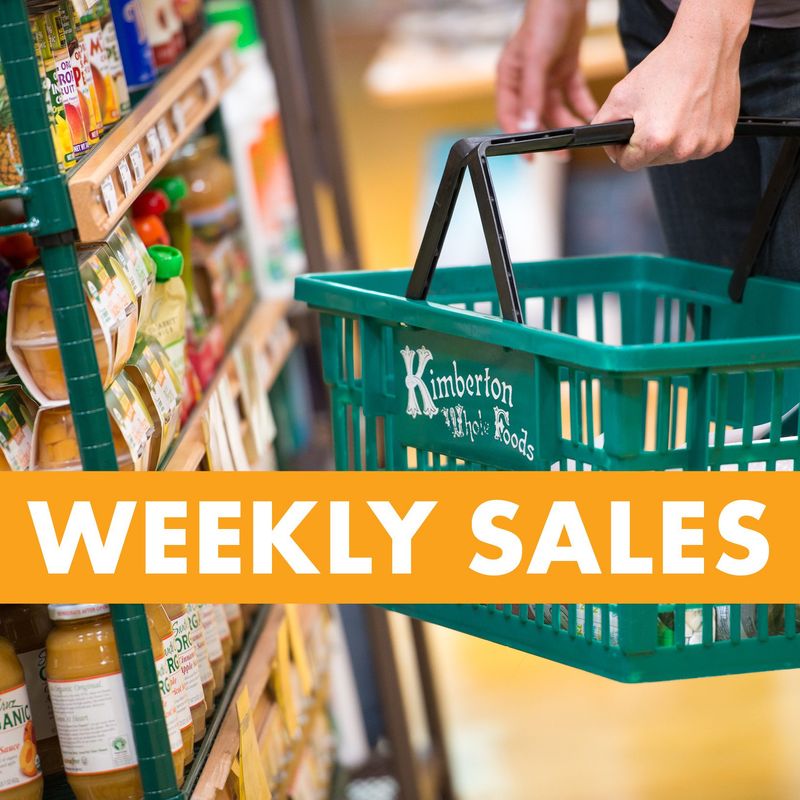
Weekly sales are your ticket to savings paradise. Scan flyers or apps for discounts on items you regularly buy.
Planning your shopping around these sales turns ordinary trips into treasure hunts. Stock up on non-perishables or freeze items for later use.
By synchronizing your shopping with sales, you score bargains that make your wallet cheer, all while enjoying the thrill of the hunt.
20. Use A Calculator

Calculators are the unsung heroes of smart shopping. Keep one handy to tally spending as you shop.
This helps avoid shock at the checkout and keeps your budget on track. With each item added, you’ll make more informed choices.
Let your calculator be your shopping companion, turning potential overspending into a math-savvy success story, where every number adds up to savings.
21. Don’t Shop With Kids

Shopping solo is a strategic move. Kids often lead to unplanned purchases, with tiny hands reaching for sugary treats.
Leaving the kids at home helps you stay focused on the shopping list, keeping your spending in check. It’s a simple choice that brings peace to your trip.
Enjoy the calm of shopping without distractions, and savor the freedom to make choices that benefit both your budget and your sanity.
22. Mind The Checkout Line
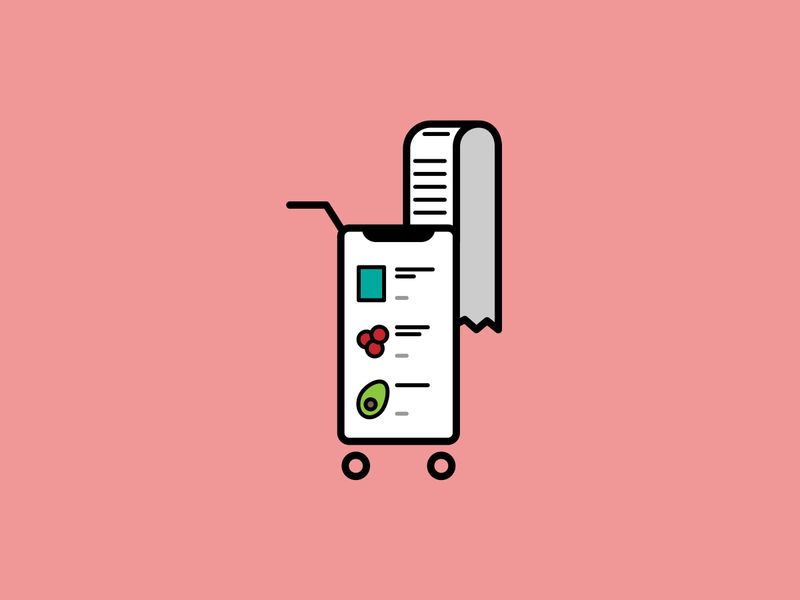
Checkout lines are the final frontier for impulse buys. Loaded with tempting snacks and magazines, they test your resolve.
Arm yourself with a firm determination to stick to your list. That way, you leave the store victorious, with your wallet intact.
By resisting these last-minute temptations, you ensure every dollar spent was planned, making the checkout an easy win in your savings strategy.
23. Shop At Discount Stores

Discount stores are treasure troves of savings. They offer a wide variety of products at lower prices.
While brand selection might be limited, the potential for savings is enormous. Explore these stores for essentials and surprise finds.
Each visit can turn into a delightful discovery of bargains, enhancing your savings without compromising your shopping experience.
24. Purchase Single Items

Buying in singles lets you control quantities and costs. With pre-packaged goods, you often pay for more than you need.
Choosing single items helps tailor your shopping to your actual needs, preventing waste and saving money.
This method ensures that you buy exactly what you need, optimizing both your fridge space and your budget for maximum efficiency.
25. Practice Leftovers Creativity
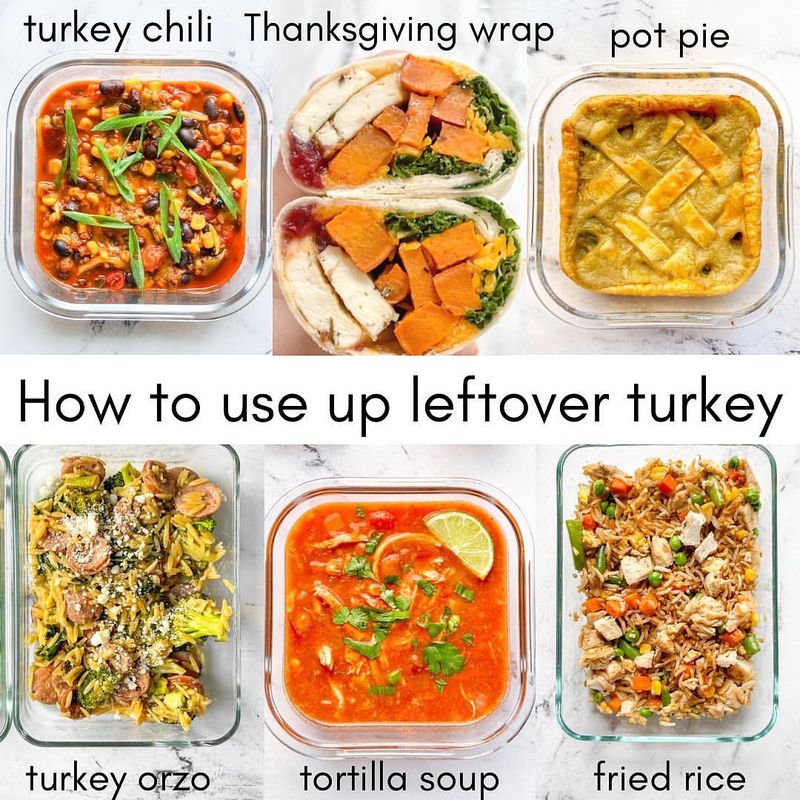
Leftovers are your canvas for culinary innovation. Instead of tossing them, reinvent them into new dishes.
This practice not only reduces waste but also stretches your grocery budget. Soups, stews, and casseroles often benefit from this approach.
Embrace the art of leftovers, turning yesterday’s meals into today’s gourmet creations, while secretly saving money in the process.
26. Invest In Reusable Bags

Reusable bags are a small investment with big returns. Many stores offer discounts for bringing your own bags.
They’re sturdier than plastic, reducing the risk of split bags and spilled groceries. Over time, the savings add up, both financially and environmentally.
Make it a habit to bring these eco-friendly options, turning a small step into a giant leap for your budget and the planet.
27. Learn To Say No

Saying no to enticing in-store promotions can protect your budget. These offers are designed to tempt, but true savings lie in self-restraint.
Keep your focus sharp, remembering that not every deal is a bargain.
By mastering the art of saying no, you maintain control over your spending, ensuring your list and your wallet’s health stay balanced.
28. Understand Expiration Dates

Expiration dates can guide your shopping decisions. They’re not just numbers; they’re keys to optimizing freshness and reducing waste.
Buying items with extended shelf life ensures you use them before they spoil.
With this knowledge, you become a savvy shopper, maximizing both freshness and savings, ensuring nothing goes to waste while your wallet thrives.
29. Avoid Bottled Water

Bottled water is an avoidable expense. Instead, invest in a quality reusable bottle and a home filtration system.
This one-time investment saves money in the long run and benefits the environment.
By skipping the bottled variety, you embrace a sustainable lifestyle that refreshes your savings without compromising on hydration needs.
30. Upgrade Your Freezer Game
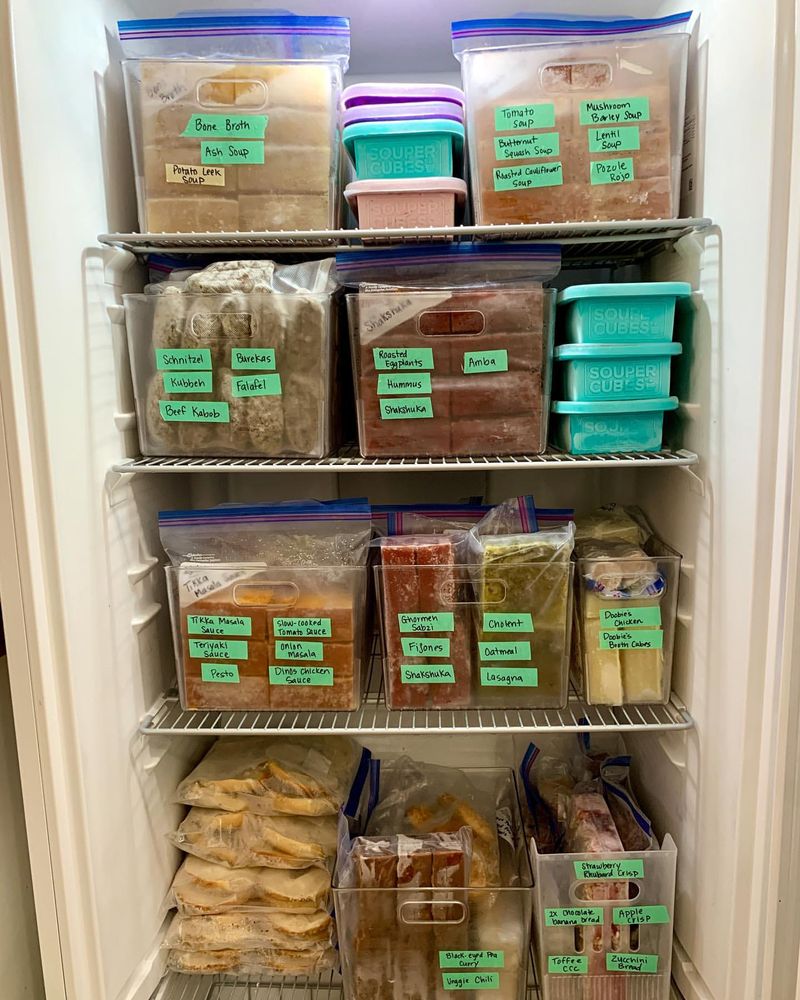
A well-organized freezer is a secret weapon against waste. Freeze leftovers and bulk buys for future meals.
This habit extends the life of perishables, ensuring nothing goes to waste. Labeling and dating items further enhance efficiency.
With a strategic freezer game, you transform surplus into savings, optimizing space and reducing the need for frequent grocery trips.
31. Shop With Cash Only
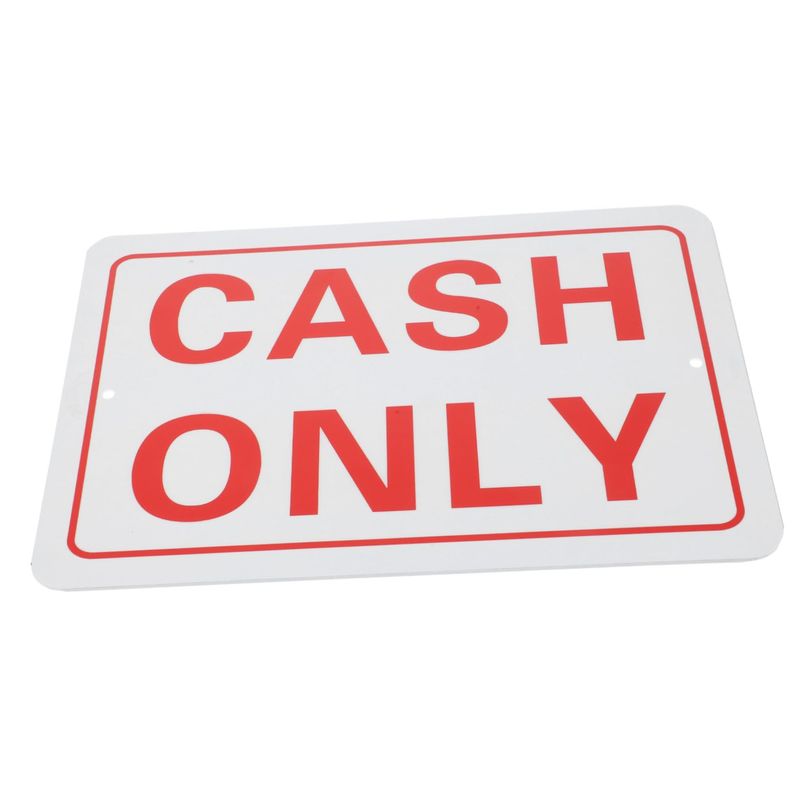
Cash-only shopping enforces budget discipline. With cash, you see exactly what you’re spending, making it easier to stick to your budget.
Cards can lead to overspending, but cash limits purchases to what you have on hand.
Accept the tactile experience of cash, fostering a mindful shopping approach that keeps spending on track and your budget healthy.
32. Understand Store Layouts
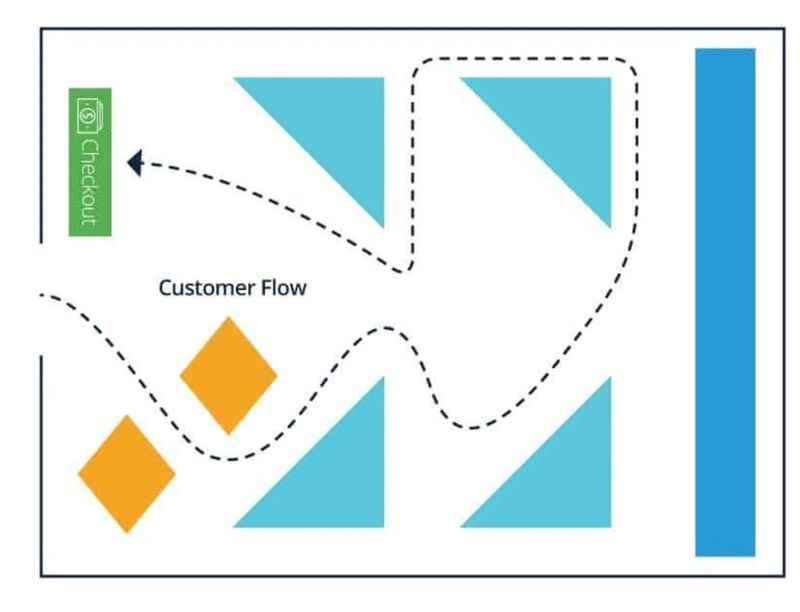
Store layouts are crafted to enhance spending. Understanding this can lead to savings. Endcaps and eye-level shelves often feature pricier items.
By knowing the layout, you can bypass traps and head straight for essentials.
This insight transforms shopping from a spending spree to a strategic mission, ensuring you exit with savings, not regrets.
33. Try Meat Alternatives

Meat alternatives offer a budget-friendly, healthy choice. Beans, lentils, and tofu are cost-effective and versatile.
These protein-rich options often cost less than traditional meats, providing a nutritious and economical meal base.
Embrace these alternatives for a change of pace and a boost to your budget, turning each meal into a nutritious and wallet-friendly triumph.
34. Buy Whole Foods
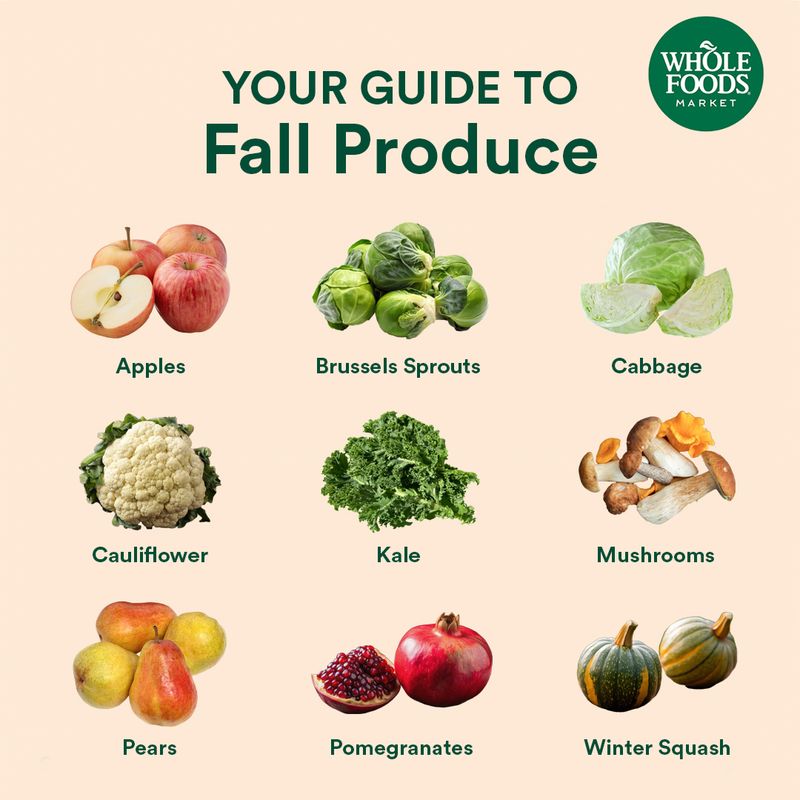
Whole foods are the unsung heroes of smart shopping. Processed foods come with added costs for convenience.
Whole fruits, vegetables, and grains provide better value and nutrition. By focusing on these staples, you enhance both your health and savings.
Make whole foods the foundation of your diet and enjoy a robust wallet and body, ready for whatever life throws at you.

